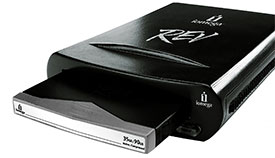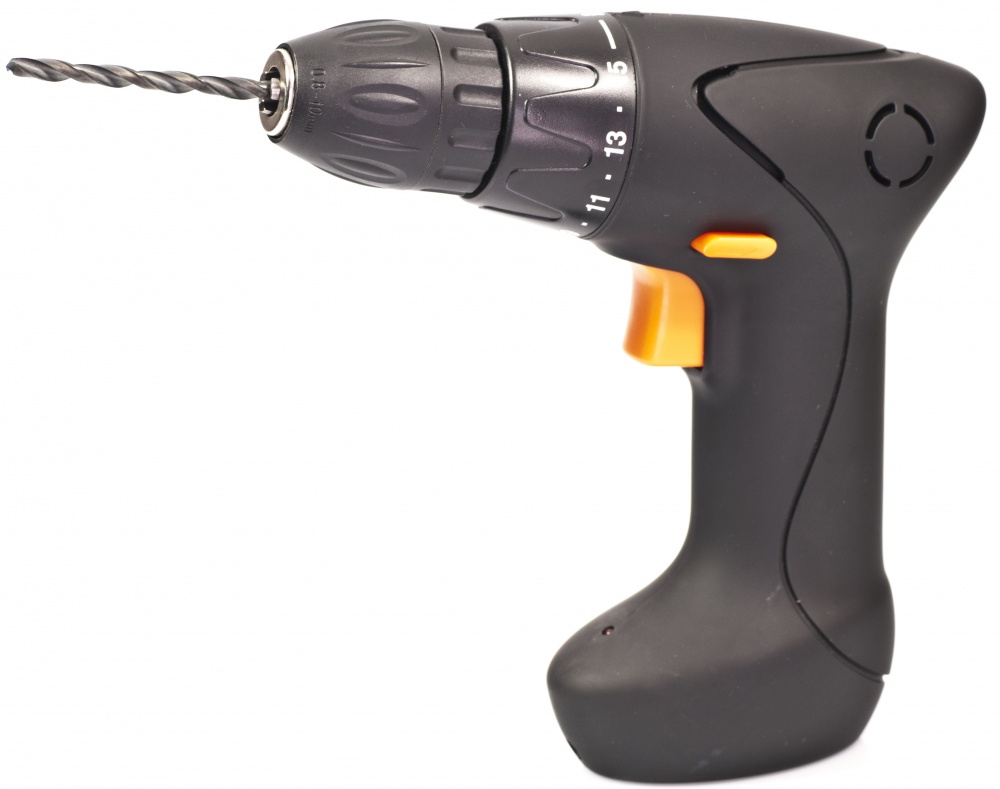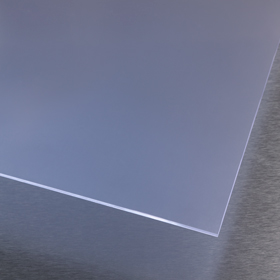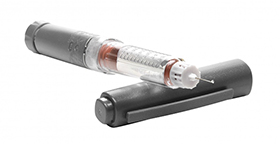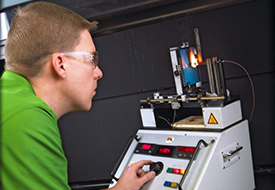The TPE Division of specialty compounder RTP Company has introduced a new series of electrically conductive TPV-based thermoplastic elastomer compounds — ESD C 2800 B Series. TPE materials combine the functional performance and properties of thermoset rubbers with the processability of injection moldable thermoplastics. These new grades offer a Shore A hardness as low as 55, making them ideal candidates to displace conductive EPDM rubber.
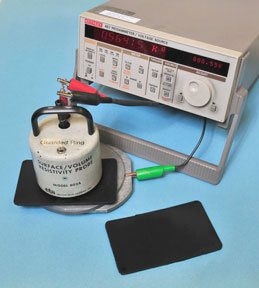
ESD C 2800 B Series TPE grades have a volume resitivity of <1000 ohm-cm
According to Paul Killian, Technical Marketing Manager—TPE Division, “The addition of conductive fillers raises the modulus and viscosity of materials, thus negatively affecting both flexibility and processability. Historically, this has made it difficult to obtain flexibility and feel similar EPDM rubber. These new compounds achieve our goal of a highly conductive TPV material with good flexibility and elastomeric feel, high tear strength and easy moldability.”
ESD C 2800 B Series grades feature a volume resistivity of < 1000 ohm.cm and consistent wide processing window across a Shore A hardness range of 55-85. Compared to conductive EPDM rubber, conductive TPEs offer a major manufacturing advantage because they are processable by thermoplastic injection molding methods. The ability to injection mold TPEs allows for design and fabrication freedoms that thermoset rubber does not offer.
“Although targeted as a replacement for conductive EPDM rubber, these products also provide a significant reduction in viscosity versus previous conductive TPVs in the marketplace,” said Killian. “Injection molders will find these products much easier to work with than conductive TPEs of the past. They’re an ideal drop-in replacement for applications where ESD protection with TPE properties is needed.”
RTP Company formulated the ESD C 2800 B Series in response to growing market demand for softer TPV-based conductive TPEs. “Providing a high degree of electrical conductivity while maintaining elastomeric properties was a challenge,” explained Killian. “RTP Company’s strength’s are its strong engineering capabilities and expertise with conductive and additive technologies that comes from being a specialty compounder. We’ve combined that with our TPE Division’s knowledge base to create highly conductive TPEs without sacrificing processing and performance advantages associated with TPEs.”
Additional Information
DATA SHEET: Thermoplastic Vulcanizate (TPV) Compounds


